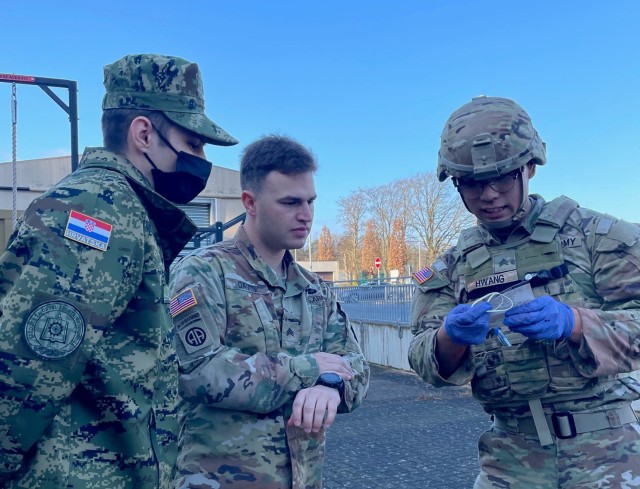Croatia will reintroduce two months of compulsory military service from Jan. 1 next year, announced Defense Minister Ivan Anusic. The move comes in the wake of Russian aggression against Ukraine and heightened tensions in Europe following the arms race and military build-up in the Balkans, which saw bloody wars in the 1990s.
This decision marks a return to conscription, which was originally suspended in 2008 when the country switched to a voluntary system.
“We have increased the salaries of conscripts, non-commissioned officers and officers, not only their basic salaries, but also their daily allowances and everything they are entitled to,” the minister told RTL Croatian television on Thursday.
“The modernization and equipping of the armed forces is proceeding as planned, in line with the agreement with our allies and the NATO leadership,” the minister said.
Two months ago, when he announced the plan to parliament, Anusic said that the allowances for voluntary military service had recently been increased to €900, which is expected to remain the same for those who perform compulsory conscription.
The aim is to keep as many young people in the defense system as possible, with an estimated 15,000 people taking part in training each year, he said.
In Croatia, compulsory military service was abolished in 2008, partly because surveys at the time showed that almost 90 percent of young people conscientiously objected to the use of arms.
“Now plans are being made for them too,” the minister pointed out.
“Those who refuse to take up arms will take rakes and hoes in their hands or carry sacks on the dikes for flood protection,” the minister said, noting that “they do not have to carry weapons, but they must fulfill their duties and obligations to the state.”
However, for those who opt for civilian service, the length of service will be longer and the allowance will be less, he said.






